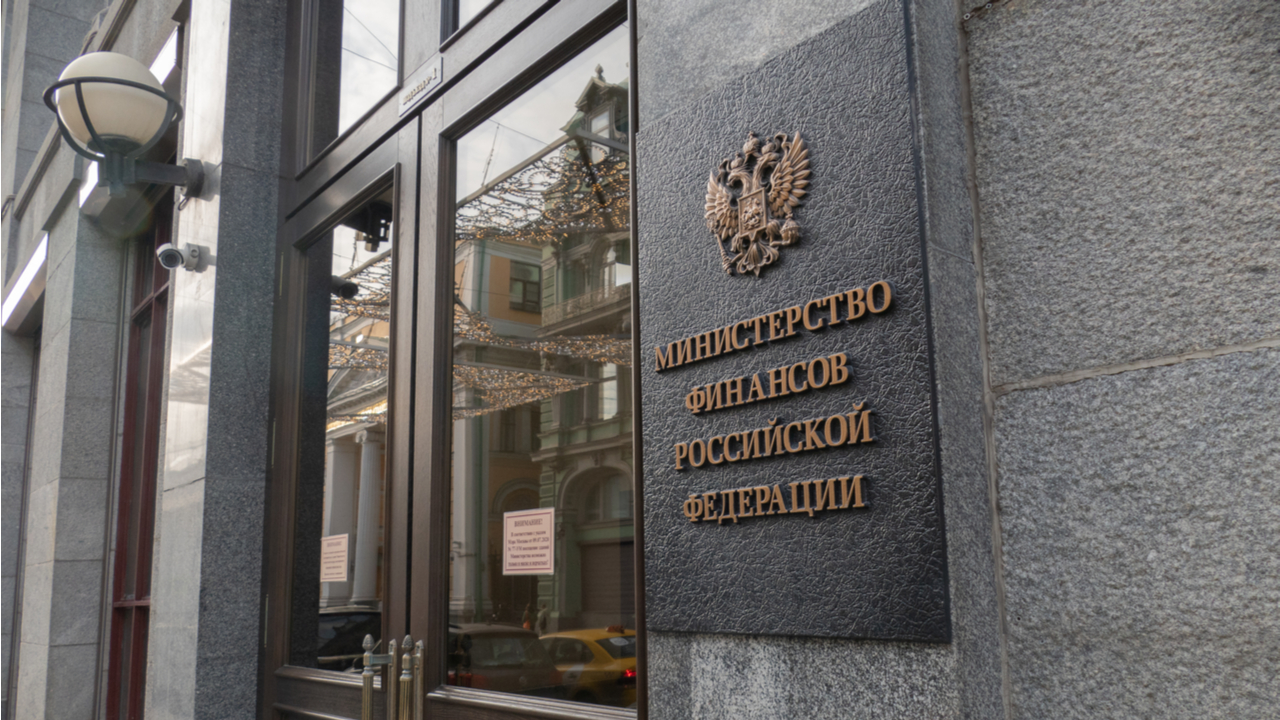
Banks must establish infrastructure for digital assets before it’s too late
Crypto adoption in traditional legacy systems is moving fast, but a lack of technological infrastructure limits compliance and safe storage. The adoption of digital assets in traditional legacy systems is moving fast. In the middle of the year, the digital asset custody industry saw welcome developments when the Office of the Comptroller of the Currency officially announced that all nationally chartered banks in the United States can provide custody services for cryptocurrencies.The move, while positive for the ecosystem, is yet to be accompanied by a rigorous assessment of its....
Related News
With sanctions cutting off Russia from global finances, Moscow’s motivation to establish a domestic market infrastructure for digital assets grows, a top official at the Russian finance ministry has noted. The comment comes as Russians are losing access to foreign crypto platforms.
Russia Recognizes Need for Local Crypto Assets Market
Amid expanding international sanctions over the invasion of Ukraine, Russia has been turning its attention to cryptocurrencies while concerns in the West are growing that the country may use them to circumvent financial restrictions. The....
In a significant move to bolster its position in the cryptocurrency landscape, Hong Kong is set to implement new regulations aimed at enhancing the adoption and usage of digital assets among banks. This initiative comes in the wake of a renewed wave of pro-crypto policies spearheaded by the United States, which aspires to establish itself […]
More than half of the top 100 banks are major investors in Bitcoin, digital assets, and blockchain technology-based firms. World’s largest banks are reportedly growing rapidly in their involvement in the trending crypto and blockchain companies. They get involved through early and late-stage financing of businesses and projects within the industry. Blockdata Research Report Shows […]
eCurrency Mint (eCM), a Dublin-based company that has pioneered a new technology that enables central banks to issue digital fiat currency, has received an undisclosed amount of Series C funding from Omidyar Network, a global investment firm launched by eBay founder Pierre Omidyar. The investment helps sets the stage to establish digital fiat currency, which portends numerous benefits over physical currency for bankers, merchants and consumers. The Wall Street Journal also has an article noting that eCM has met with 30 central banks which are exploring digital currency backed by....
Ecuador's e-money initiative, which kicked off earlier this year after the country outlawed bitcoin, is about to see wider institutional involvement following a government directive. The country's banks were ordered late last month to adopt the payment system within the next year, according to a report by Pan-Am Post's Belén Marty. The pace at which the banks are required to add support for the initiative, which is a digital representation of the US dollar - Ecuador's official currency - depends on their size. Ecuadorean banks that possess $1b or more in assets have 120 days to integrate,....





